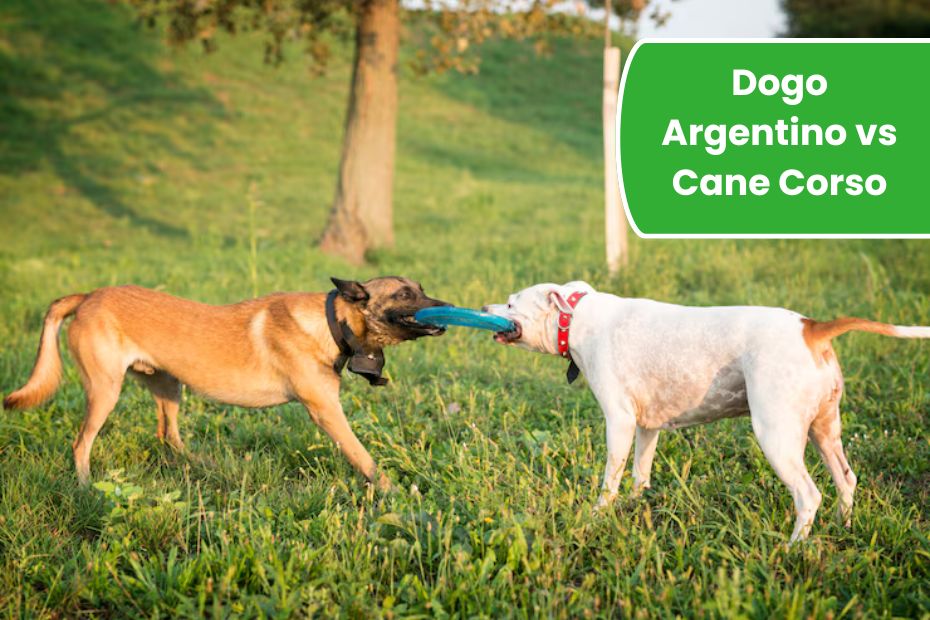Pitbulls are naturally strong and energetic dogs, but with the right care, you can help your Pitbull develop a more muscular and athletic physique. Building muscle in your Pitbull involves a combination of proper nutrition, consistent exercise, and health monitoring. This article will guide you through effective strategies to enhance your dog’s muscle mass while keeping them healthy and happy.
Understanding Pitbull Muscle Development
Pitbulls have a naturally muscular build, but genetics and lifestyle influence their muscle growth. To increase muscle mass, they need strength training that challenges their muscles, balanced with rest. Overworking or improper training can cause injury, so understanding how muscles develop in dogs helps create a safe plan. Patience and consistency are key.
The Importance of a Balanced Diet
Muscle growth requires proper nutrition. Your Pitbull’s diet must include high-quality protein to repair and build muscle tissues. Protein sources like chicken, beef, and fish are excellent. Additionally, healthy fats and carbohydrates provide energy for workouts. Supplements such as omega-3s can improve muscle recovery and joint health.
Effective Exercises for Building Muscle
Strength-building exercises like resistance training, running, and swimming help tone your Pitbull’s muscles. Short bursts of sprinting and pulling exercises build power. Use toys, weights, or uphill runs to increase resistance safely. Avoid excessive high-impact activities that strain joints, focusing on gradual intensity increases.
How to Create a Training Schedule
Consistency is crucial for muscle gain. Create a weekly exercise plan alternating strength training and cardio with rest days. For example, two days of weight-based activities, two days of running or swimming, and three rest days prevent overtraining. Monitor your dog’s response to adjust intensity, ensuring they stay motivated and injury-free.
Monitoring Your Pitbull’s Health and Progress
Regular vet check-ups ensure your Pitbull’s muscles grow healthily without underlying health issues. Track weight, muscle definition, and energy levels to assess progress. Adjust diet and exercise as needed. Hydration and proper rest are vital for muscle recovery. Early detection of fatigue or discomfort prevents injuries.
Muscle Building Plan Overview
| Component | Details | Frequency | Benefits |
|---|---|---|---|
| High-Protein Diet | Chicken, beef, fish, supplements | Daily | Muscle repair & growth |
| Strength Training | Resistance, uphill runs, weighted pull toys | 3-4 times per week | Muscle toning and power |
| Cardio Exercise | Running, swimming, sprints | 2-3 times per week | Cardiovascular health |
| Rest and Recovery | Rest days, proper sleep, hydration | 2-3 days per week | Prevents injury, muscle repair |
| Health Monitoring | Vet check-ups, weight tracking | Monthly or as needed | Ensures overall wellbeing |
FAQ’s
How long does it take for a Pitbull to get muscular?
Muscle development depends on age, genetics, diet, and exercise consistency. Typically, visible changes take 8-12 weeks of dedicated training and nutrition.
Can I feed my Pitbull protein supplements?
Yes, protein supplements can help but should complement a balanced diet. Consult your vet before adding supplements to avoid excess protein intake.
What exercises are best for a Pitbull’s muscle growth?
Resistance training, sprinting, swimming, and uphill runs are effective. Avoid repetitive high-impact exercises that stress joints.


